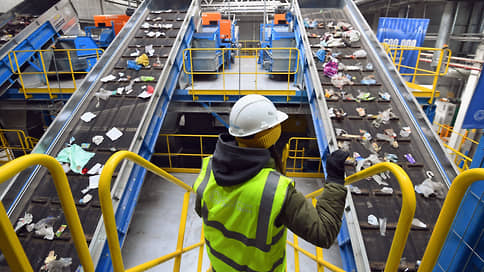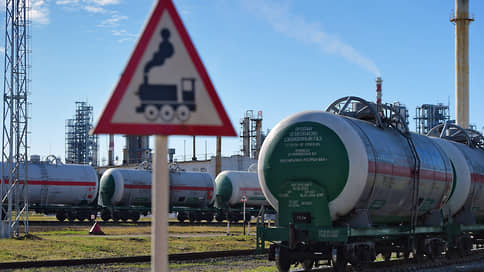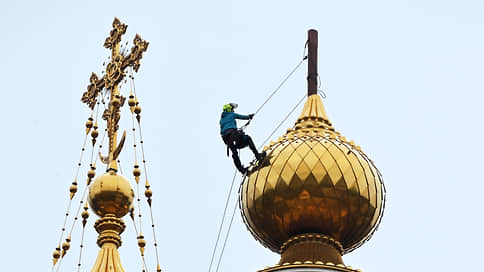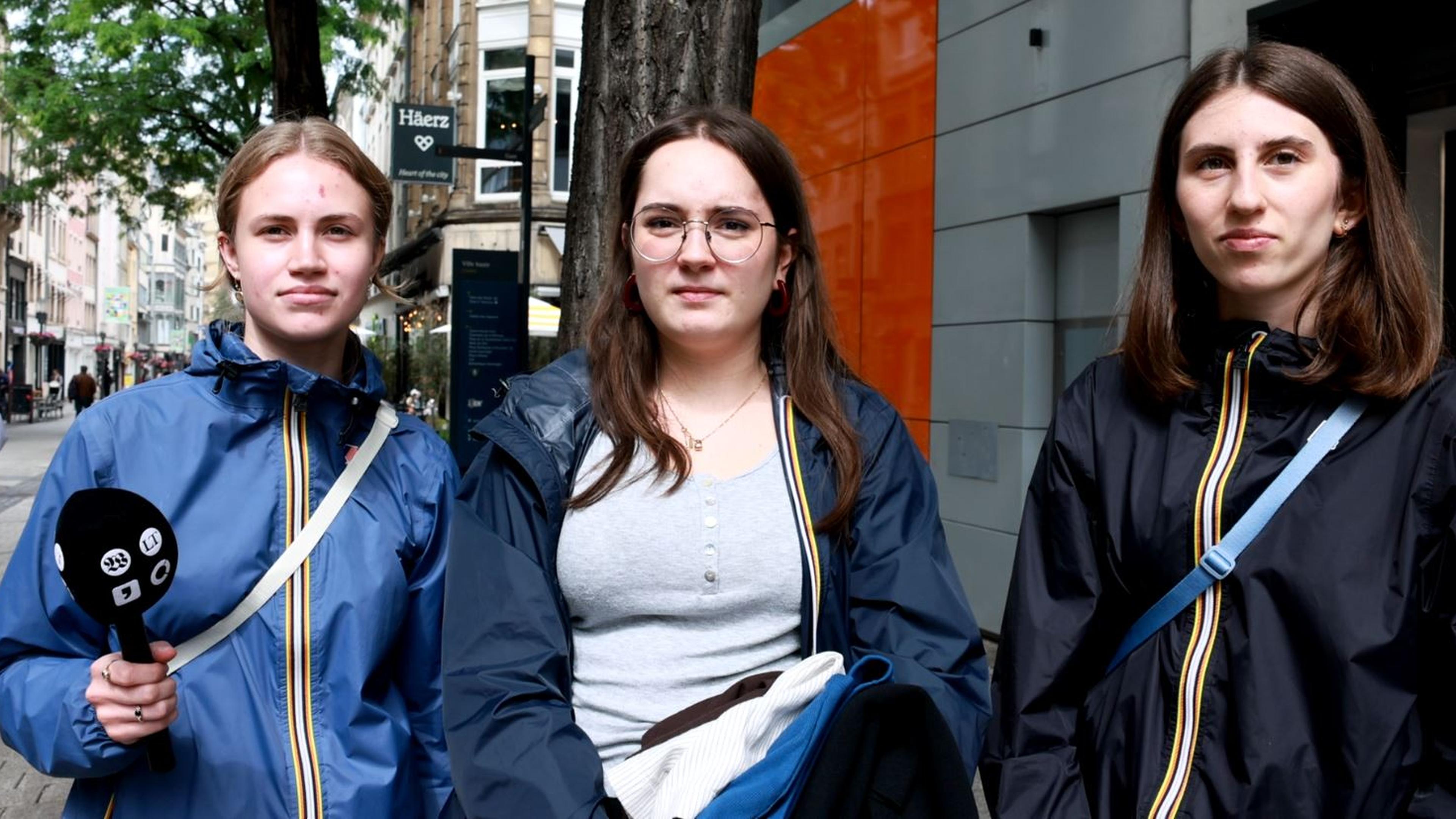The Ministry of Natural Resources requires documentation on project processing projects

Attempts by the Ministry of Natural Resources to activate “garbage reform” are inhibited by the leisure of the regions in the documentation of plans for the construction of new processing plants – 35 constituent entities of the Russian Federation did not enter the necessary data to the federal information system. The main reason in the public legal company “Russian Ecological Operator” (PPC REO) is called the delay in the design of the plots and the approval of project documentation, but it is rather about the internal problems of the regions. The absence of this information may be an obstacle to the federal financing of new facilities.
Motivated by the White House of the Ministry of Natural Resources (about the priorities of the instructions of the « ecological » deputy prime minister Dmitry Patrushev « Kommersant » wrote on March 17) Hurry regions with documentary execution of plans for the construction of new capacities for MSW processing.
To finance the “garbage reform”, the federal center must be understood how exactly the funds sent for these purposes will be spent.
According to the PPC REO, at the moment, 85 constituent entities of the Federation have already approved “road maps” to create the infrastructure of waste management. The authorities of the regions must introduce the approved design and estimate documentation to the Federal State Information System for accounting for MSW, but 35 constituent entities of the Russian Federation did this not completely or on time (this is the area of liability of governors, specialized ministries and environmental management departments).
The new infrastructure is the support of the reform of the handling of MSW, and the absence of documentation in the system means that a number of constituent entities of the Russian Federation “no longer fit in the construction time of plants for sorting and processing waste,” says Denis Butsaev, deputy head of the Ministry of Natural Resources. “There are a number of risks for the regions, but the state will insist on fulfilling obligations in full and on time, since the fulfillment of the goals of the national project“ Environmental well -being ”depends on this,” Kommersant said to the REO.
According to the operator, the main reason for delays is to tighten the design of the sites and the approval of projects.
Recall that in 2025 the national project “Ecological well -being” requires to sort 100% of the volume of MSW, burial no more than 50% and involvement of at least 25% of waste in the form of secondary resources and raw materials by 2030. Since 2019, 295 enterprises for the processing of MSW have been created in Russia, a new stage of reform will require more than 230 new objects by 2030 – the volume of investments will amount to about 247 billion rubles.
In connection with the need to continue the reform, the federal center is forced to look for ways to speed up the implementation of the necessary measures. So, the terms of concluding concession agreements for the construction of garbage sorting complexes have already been reduced (See “Kommersant” from March 27). But now the desire to advance the process has encountered internal regional problems – the center, in fact, does not see data that will allow to evaluate and “land” the necessary expenses.
Difficulties with land and the design documentation “on the ground” are quite real. According to Irina Demina, general director of the ENV Consulting Company, often the objects of MSW placement do not meet modern requirements.
The validity of the design documentation, if it was, has expired, and waste that is not provided for by the project is often placed on them. To build a modern training ground, you need serious work, which sometimes requires the transfer of land from one category to another.
In addition to transport convenience, the site must comply with the requirements of the law – for example, waste cannot be buried within the boundaries of settlements. In addition, in 2023, the possibility of operating objects of MSW without documents until 2026 was extended. “As long as such delays are ongoing, the motivation to develop the sphere of MSW will obviously not appear,” Mrs. Demina is sure.
However, the problems of the construction of the infrastructure are deeper than the approval of the documentation, the expert of the Institute of Ecology of the Higher School of Economics, Irina Telnova, believes: “At the beginning of the“ garbage reform ”, the wrong model was chosen – it was necessary to send state reasons not to receive secondary material resources, but to stimulate demand for them. Business is little interested in the development of this sphere, the authorities of the regions are faced with problems. ” The state, however, is trying to stimulate in demand – but weighs to simple and imperfect technologies: artificial soils have become an example, the production of which can now allow re -operators to fulfill recycling standards (See “Kommersant” dated April 9).







:format(webp)/s3/static.nrc.nl/images/gn4/stripped/data132512191-bf7b93.jpg)
